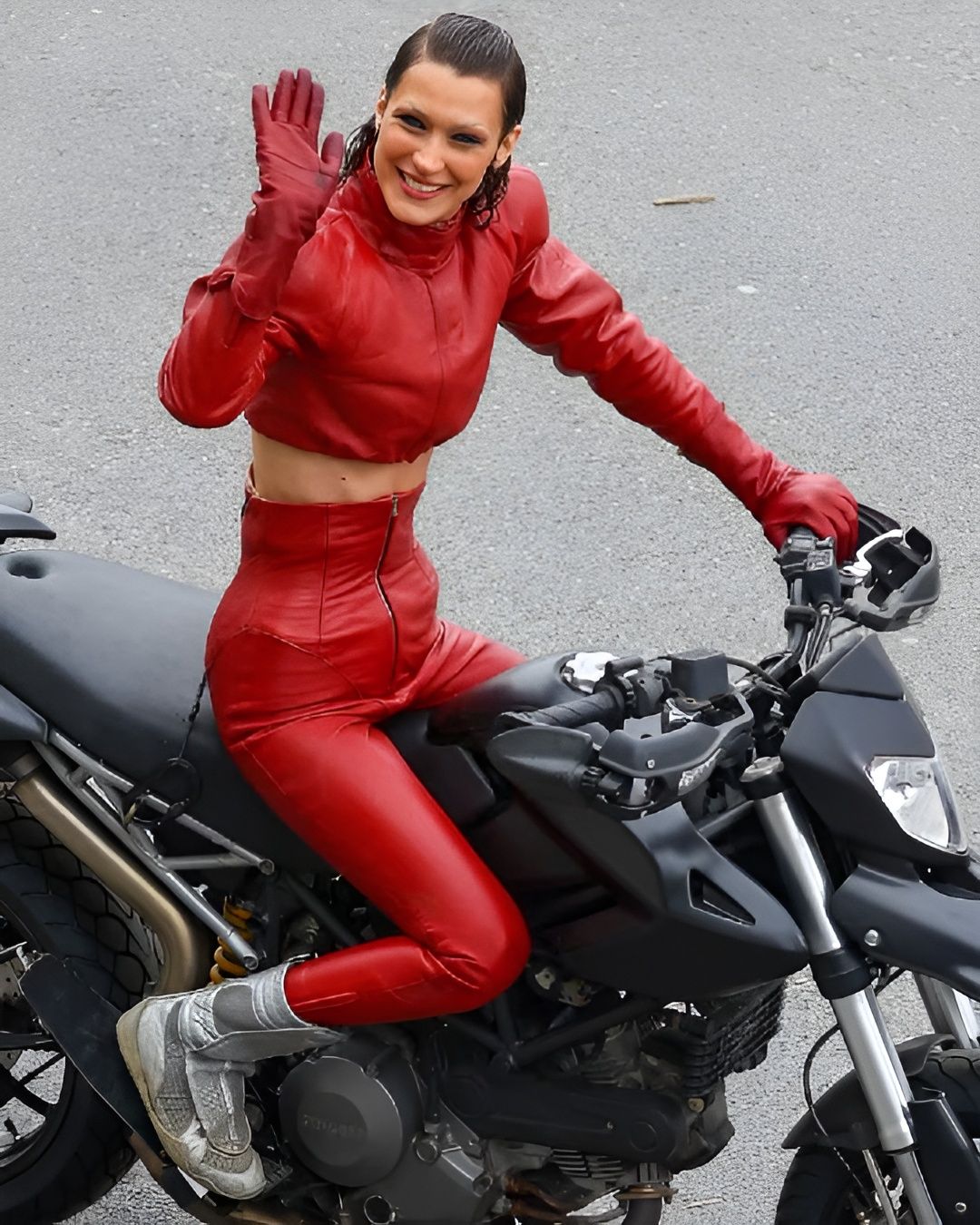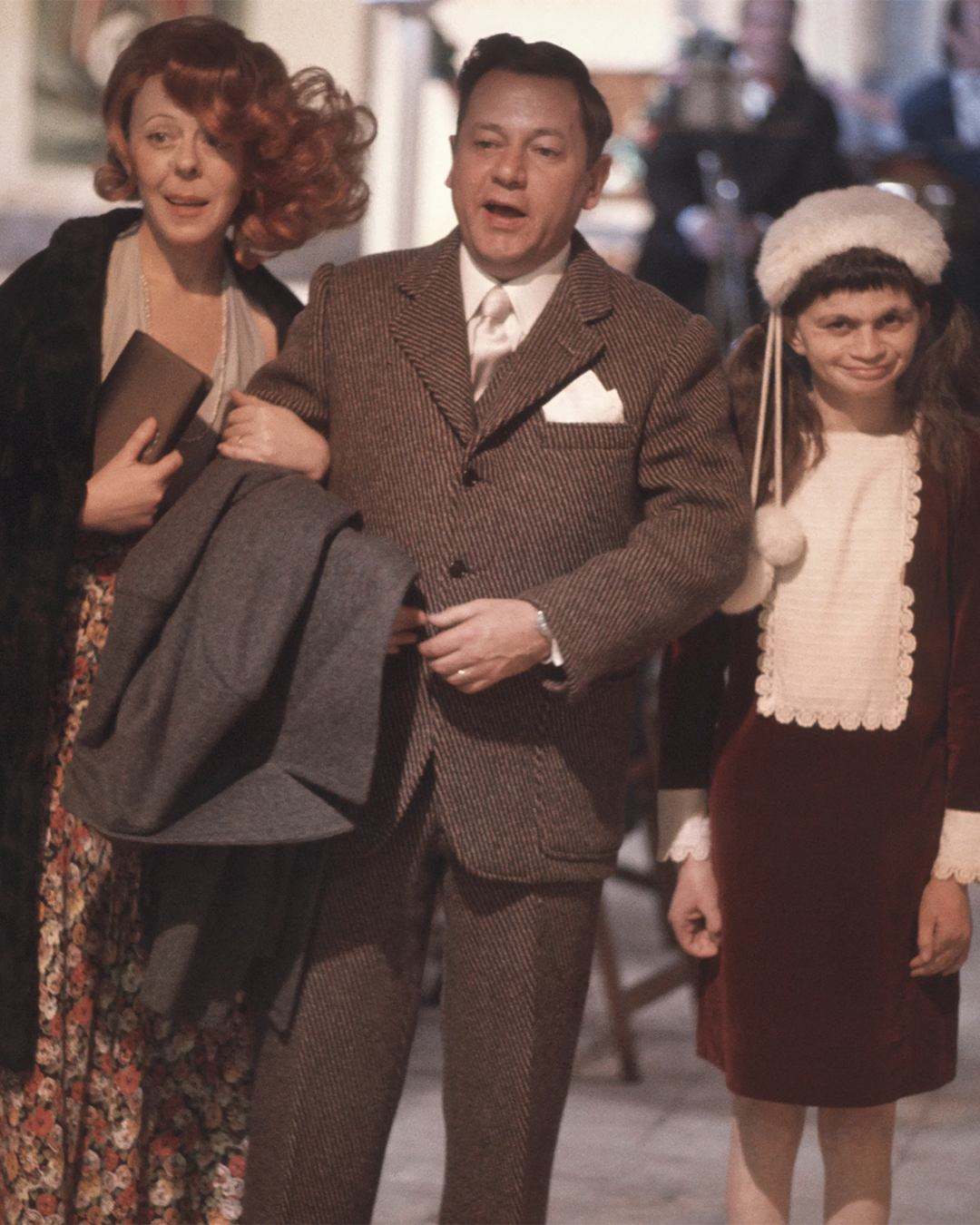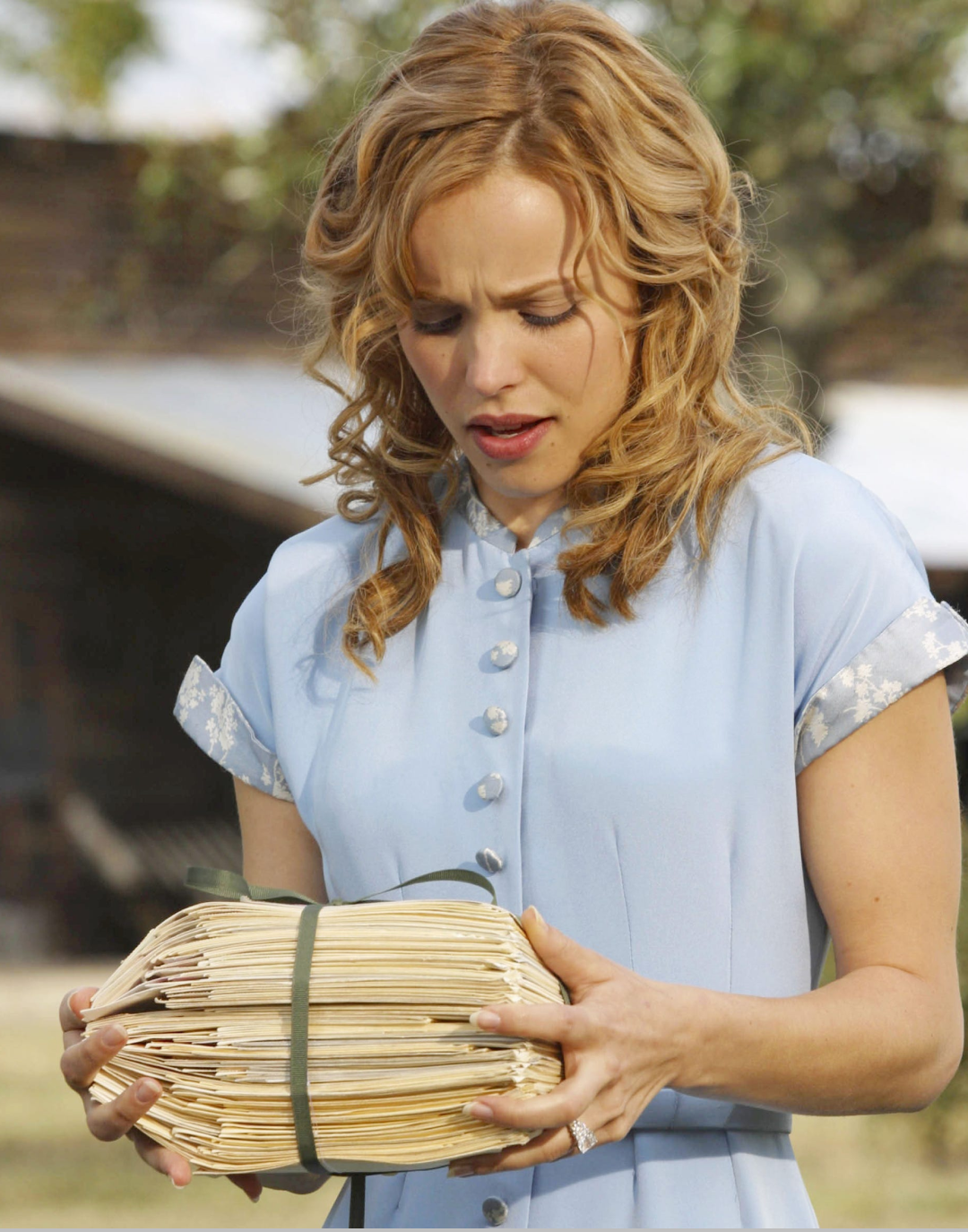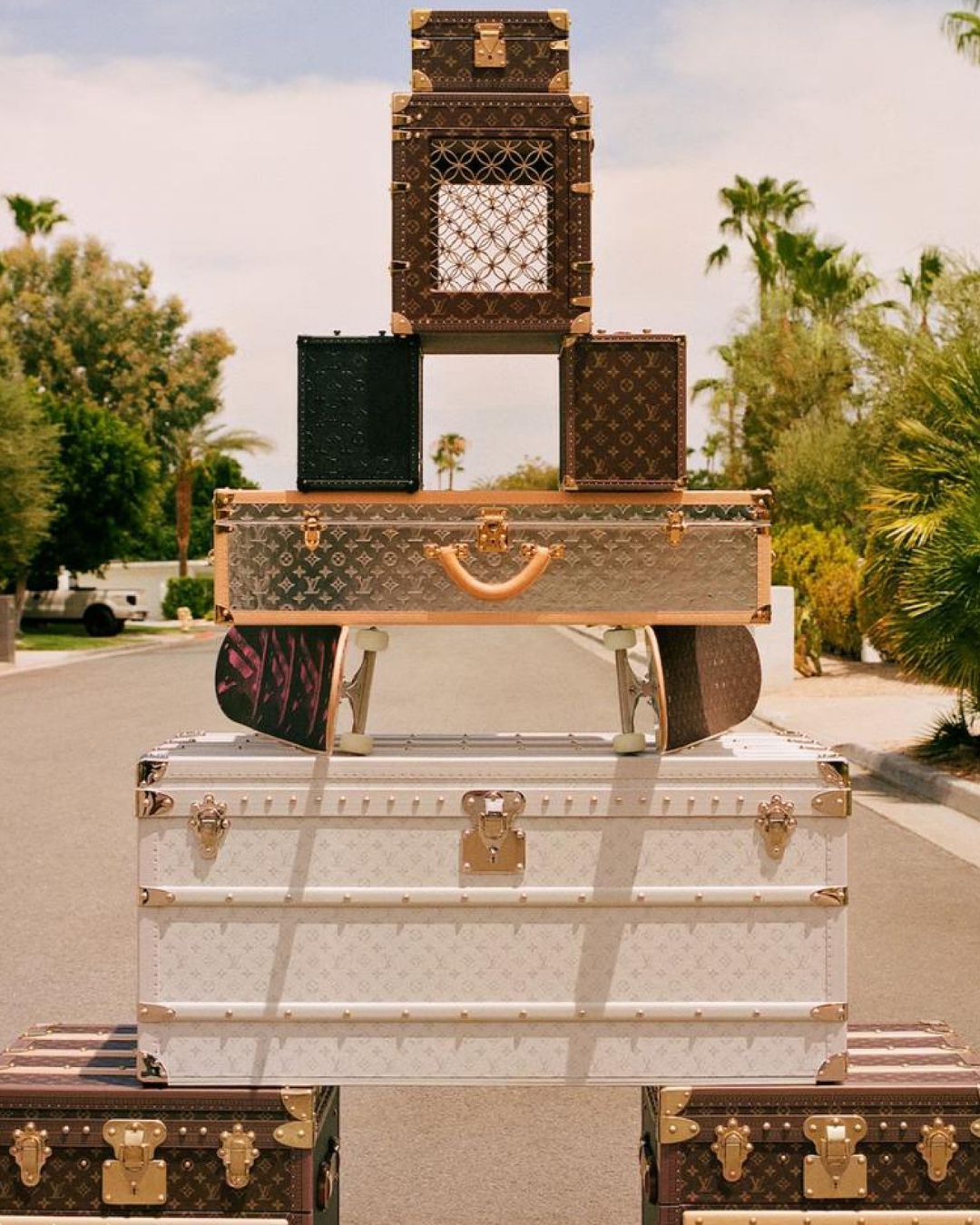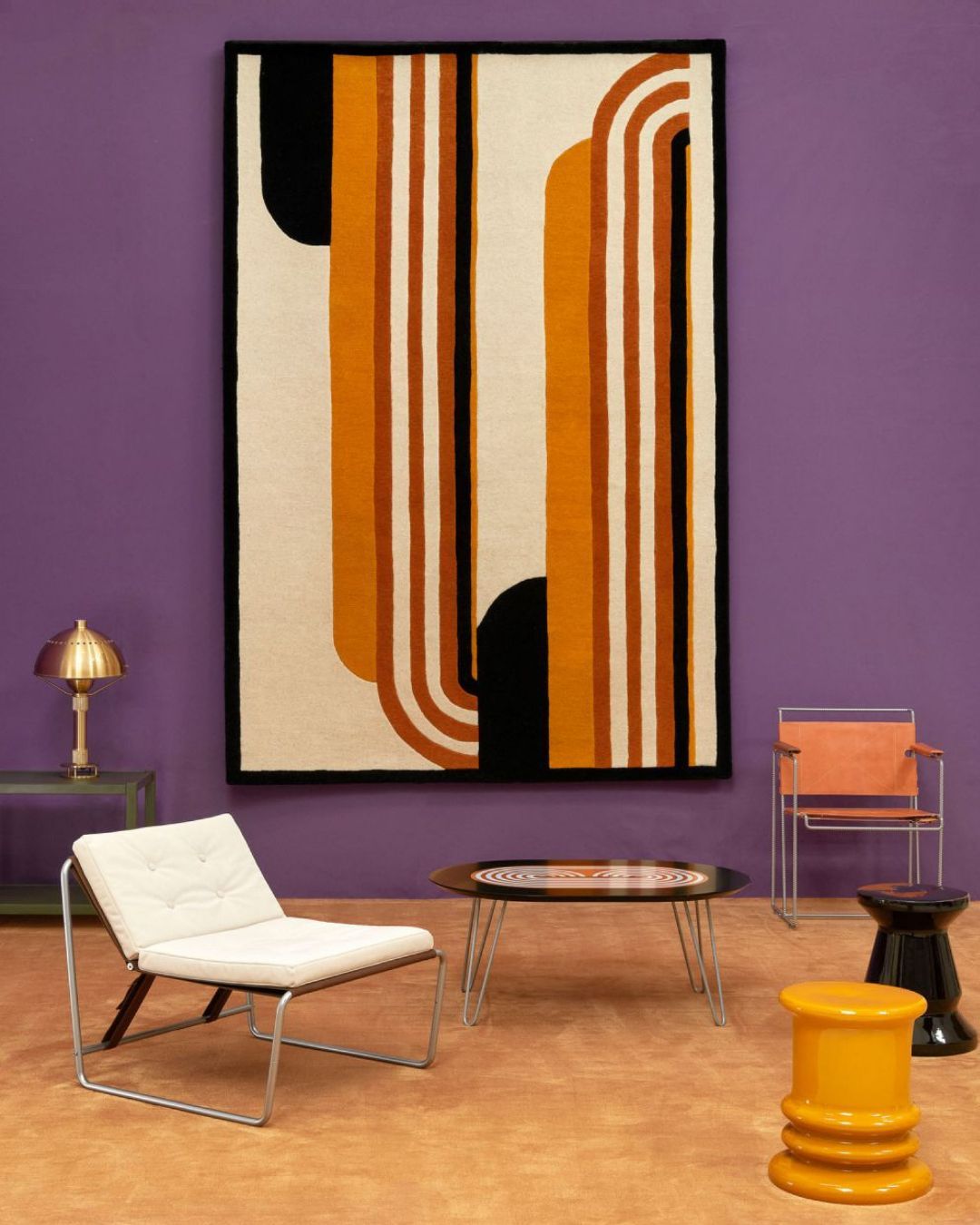
Singers' Merch is the new fashion trend Not only at concerts
A few days ago Beyoncé has launched the official merchandise for her latest album Lemonade. A few days before, Justin Bieber and VFILES have shown a two-days pop-up shop in New York for the official Purpose Tour merch, unveiled to the public a couple months before (and clearly inspired by a veeery trendy well-known brand).
If the next step to promote a band's merchandising was a fashion show, it would not surprise me.
We have often said that the union between fashion and music has never been stronger than in this period, but now it seems to have reached another level.
After the collaborations between singer and fashion brands and the collections designed by famous musicians, now the final barrier between these two arts has fallen thanks to some t-shirts. Why do we continue to clarify the roles, when we can make of merchandise and clothing a single product? Why do we have to make things so complicated?
First it was Kanye West, who has always made his personal style a trademark, or better a product to sell, to the point he launched a real fashion brand: Yeezy. However, even before, the merch of his Yeezus tour has had the same effect a real must-have of a prêt-à-porter collection has, including a pop-up store in Los Angeles.
Even rapper Tyler, The Creator is no less important with his brand Golf Wang. In fact, his merchandising has always been more similar to a real clothing line than a simple promotion product, with lookbooks and campaigns, and even a debut fashion runway scheduled for next June.
Drake also has his personal merchandise line, OVO (October's Very Own), launched in 2011 and born from a series of collaborations with Canadian brand Roots. Today it's a full-scale fashion brand, including ad hoc lookbooks (the last one with Roy Wood$ as testimonial) and exclusive collaborations like the OVO X Jordan Apparel line.
We must not forget Travi$ Scott's limited edition merch for his Rodeo tour and his collaboration with London-based brand maharishi for the The Year of Cowboy collection.
Swedish rapper Yung Lean has launched, with Sad Boy Intertainment, a work-in-progress platform for selling his merchandise and some clothes: Sbegear.com. The first piece of the label is a unisex maxi shirt created with Sweden-based designer Visible by o'D Möngke.
Last, but not the least, Skepta for his Konnichiwa, the most long-awaited grime album (but it was worth it) of the year, issued last week.
Compared with each other, all these merchandise seem more or less similar: except the musician's name and some special collaborations or particular launch strategy, all these collections show a series of very good bombers, cool t-shirts, a lot of hats with funny slogan, many hoodies and maybe some sneakers.
Well, concerning the design this kind of merchandise is nothing exeptional, but now more than ever its mediatic, selling power has increased largely.
Today singers' merchandising is long-awaited like (or maybe more than) an H&M collaboration with the hottest designer of the moment. This happens because music and fashion are now a single only communication medium, a fabulous window whih enhances the messages of both brands on display, even if they are a singer's name or a fashion maison. Musicians also have always had a key role in fashion industry: as influencers of new trend to launch, as testimonials of brand to promote and, especially today, as real fashion designers who create their personal clothing line (and if what they do it's only to put their name and their face on the label, we don't care, we will love it in any case).
In a world where musicians play at being fashion designers, it's clear that the separation between clothing line and merchandising will disappear one day.
This is no longer about simple t-shirts sold at a show just like gadgets of the night. No, now we must talk about clothing lines, or better capsule collections with advertising campaignes, promotion and some sale points opened for the occasion where to buy the merchandise apart from the show event. In some cases the garments are advertised long before the begining of the tour and they are unveiled to the public through any possible mean.
It's also a rare case of double advertising, since the main testimonial of the merchandising is the singer himself who wears his own clothes printed with his own face. Just like an Escher's painting, where we can't see where the merchandise starts and the person ends. Or, simpler, just like Ryan Gosling and Macaulay Culkin neverending meme t-shirts.
To say that this new kind of merchandising is successful is so obvious. Now everybody can buy a t-shirt (or better, a bomber) of his idol, even if he couldn't go to the show. But also the not-fan person could succumb to the charm of a, for example, Beyoncé t-shirt, only because it's cool.
This is the apotheosis of the role of musicians in fashion, even more independent from well-known brands and promoter of their own style.
If in the future we will find the Tyler, The Creator or Justin Bieber's merch in a milti-brand store, it wouldn't surprise me that much.












